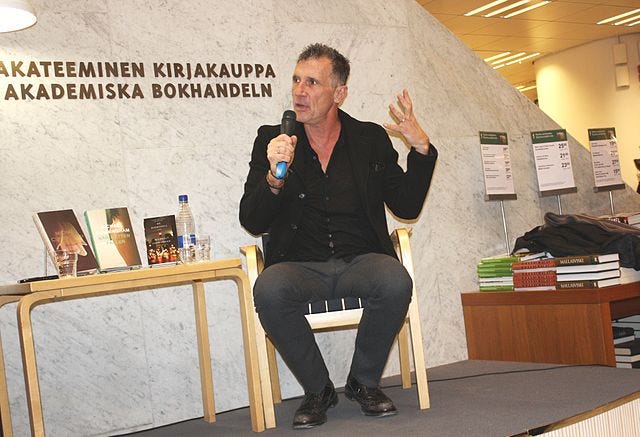Two months ago, someone gave me almost limitless access to our one truly non-renewable commodity: time. In those early days of the pandemic, anxiety flooded the public discourse: how could we, the new army of unemployed, spend it all? How could we hold together the threads of our sanity with all this undifferentiated time on our hands?
Ritual, schedule, repetition, we were told. Wash your hands for 20 seconds, increase heart rate for 30 minutes, sleep for eight hours, eat three meals. But it became clear very quickly that parsing time in this way dulled the pure childhood joy of wondering, suddenly, what day it was, or being surprised to find that it’s already four o’clock.
After I realized this, I slid The Hoursby Michael Cunningham off my bookshelf, once again. I go back to The Hours periodically. It reminds me how our internal experience moves outward in every direction at each moment. In the first scene, Clarissa, a middle-aged woman, opens her garden door to a washed, sunny spring morning. It brings to mind another time, opening a garden door at the age of 18 and her lover approaching from behind; the whispers, the yearning, the possibility. Modeled after Virginia Woolfe’s stream- of- consciousness prose, the book is peppered with these moments. The characters experience timelessness as we all do: she’s never not the young girl who slid open the beach house door that time. Past moments are still here, still real, and come to bear in each present moment. We’re made of such moments, and The Hours reminds me that the warp and weft of our internal experience can weave a kind of plot.
Cunningham represents this experience flawlessly. Through the endless weeks and moments and days and hours, we are invited back into the neglected landscape of our unscheduled minds. It’s a fresh-tilled field, a snow day, a stopped watch.
Brownyn Melville is a writer living and working in Vancouver, BC, Canada.
Michael Cunningham was born in 1952 in Cincinnati, Ohio. His book The Hours won a Pulitzer Prize for Fiction in 1999, as well as the Pen/Faulkner Award. He teaches creative writing at Yale University.


